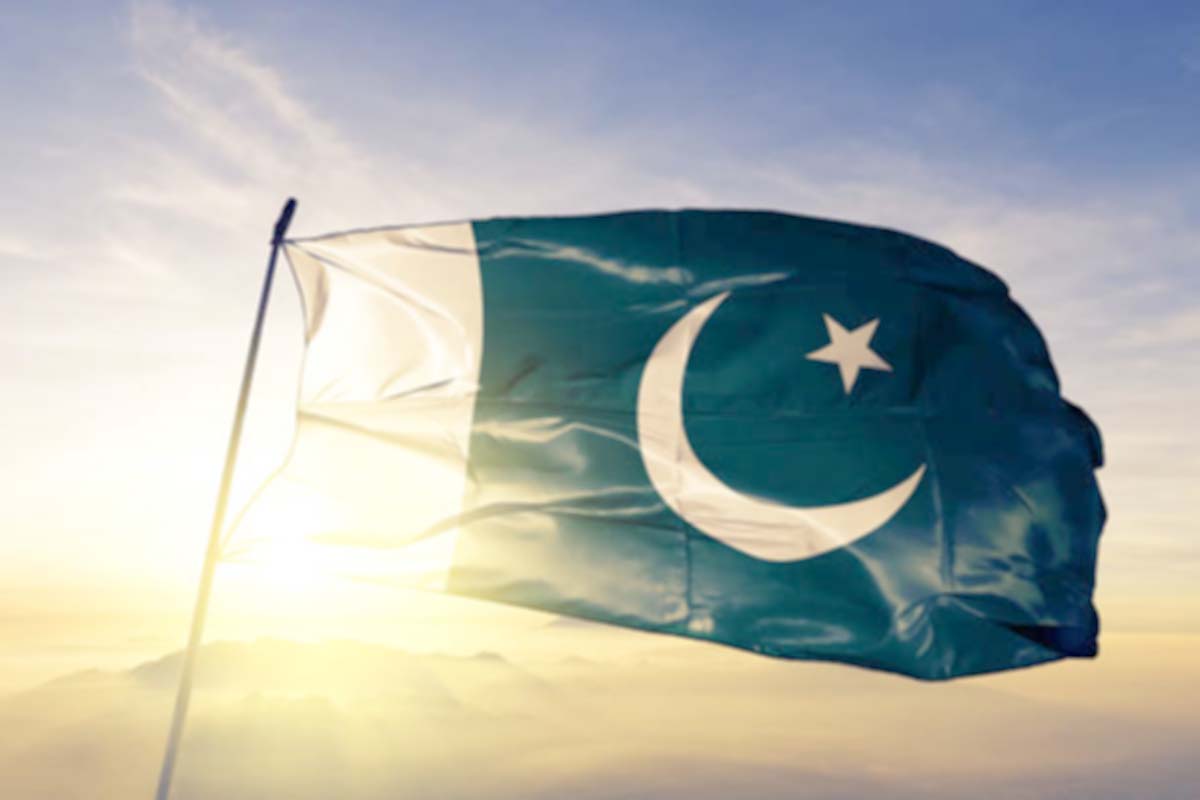By Babar Cheema
It is abundantly clear that Pakistan has decisively re-joined the American camp after a brief interregnum. It is the same old transactional relationship now. Pressure was piling up on Pakistan because of dire economic straits. Confronted with the prospect of imminent default, the economy was reeling. Financial institutions of the world were ominously unresponsive to repeated requests. Pakistan was quickly sliding towards the precipice, with time running out. Pakistan’s arms were twisted so hard that it was brought down to knees, begging for a bailout. The highest security office in the country made a frenetic phone call to a lowly placed undersecretary of state in the United States. The doors immediately swung open which had been slammed shut before. The outlook suddenly became rosy and slide of the Pakistani rupee stopped. Quick on the heels of this development, the Al Qaeda chief in Kabul was killed by an unmanned drone strike. In a seeming quid pro quo, Umar Khalid Khorasani, a hardline militant of TTP was killed in an IED blast close to Pakistani border with Afghanistan. Interestingly, TTP was engaged with Pakistan in peace talks lately. China, meanwhile is locked in a bitter dispute with the United States over Taiwan. Chinese officials and diplomats have dropped broad hints at there being uncomfortable with this latest twist in the security situation. Russia obviously would not be amused by these developments. Pakistan and United States have a long and chequered history of a love/ hate relationship with both sides accusing each other of infidelity. Pakistan has felt, repeatedly, being used and then abandoned in the past. Over the past couple of years, Pakistan has been trying to shift its policy eastward. Imran Khan came to a conclusion that United States is no more willing and ready to engage with Pakistan on the long-term and in a meaningful relationship. Ignominious defeat and exit from Afghanistan left the United States very bitter, angry and even revengeful. Considering United States as weak and vulnerable, President Vladimir Putin found it opportune to invade Ukraine and thus Plunge the whole world into chaos. Imran Khan paid the ultimate price for the audacity to act against the wishes of United States and its Western allies. It would be interesting from academic point of view to understand the dynamics and the reasons behind Imran Khan’s attempts at this policy shift. Imran Khan is of a long held view that Pakistan has been selling its soul too quickly and cheaply in the past. The major reason behind this is the inherent weakness of various leaders, especially dictators who had been trying to seek legitimacy for their military rule from the West. Pakistan has fought several proxy wars resulting in colossal losses for the country. And when the American interests were served, they lost interest and conveniently turned their backs on Pakistan. Imran Khan would rather like Pakistan to use its geopolitical significance to its great advantage. Pakistan should avoid making firm alliances and instead should look after its own interests. Pakistan should deal with each and every country strictly keeping Pakistan’s short, intermediate and long-term interests. This is what all the countries in the world do. Pakistan’s policies should be dictated by the dictates of its own interests and nothing else. Imran Khan thinks that Pakistan should use its position, location and significance effectively, courageously and intelligently. Imran wanted to diversify Pakistan’s options by engaging with Russia. He wished to lift Pakistan to a position, where it could buy Iranian gas, Russian oil or Ukrainian wheat if needed. He even tried hard to renegotiate the terms of CPEC projects in Pakistan’s favour. Such a brave initiative required a strong leadership. Imran was fit and ready to provide that with steely determination. Ironically, some very powerful people had very weak knees. They wilted under pressure. Now, there we are, back to our old and familiar bad days, through our old and familiar bad ways. How unfortunate that we are having a sigh of relief on the receding danger of a default, while sinking in the quicksands of own self-created mess.


